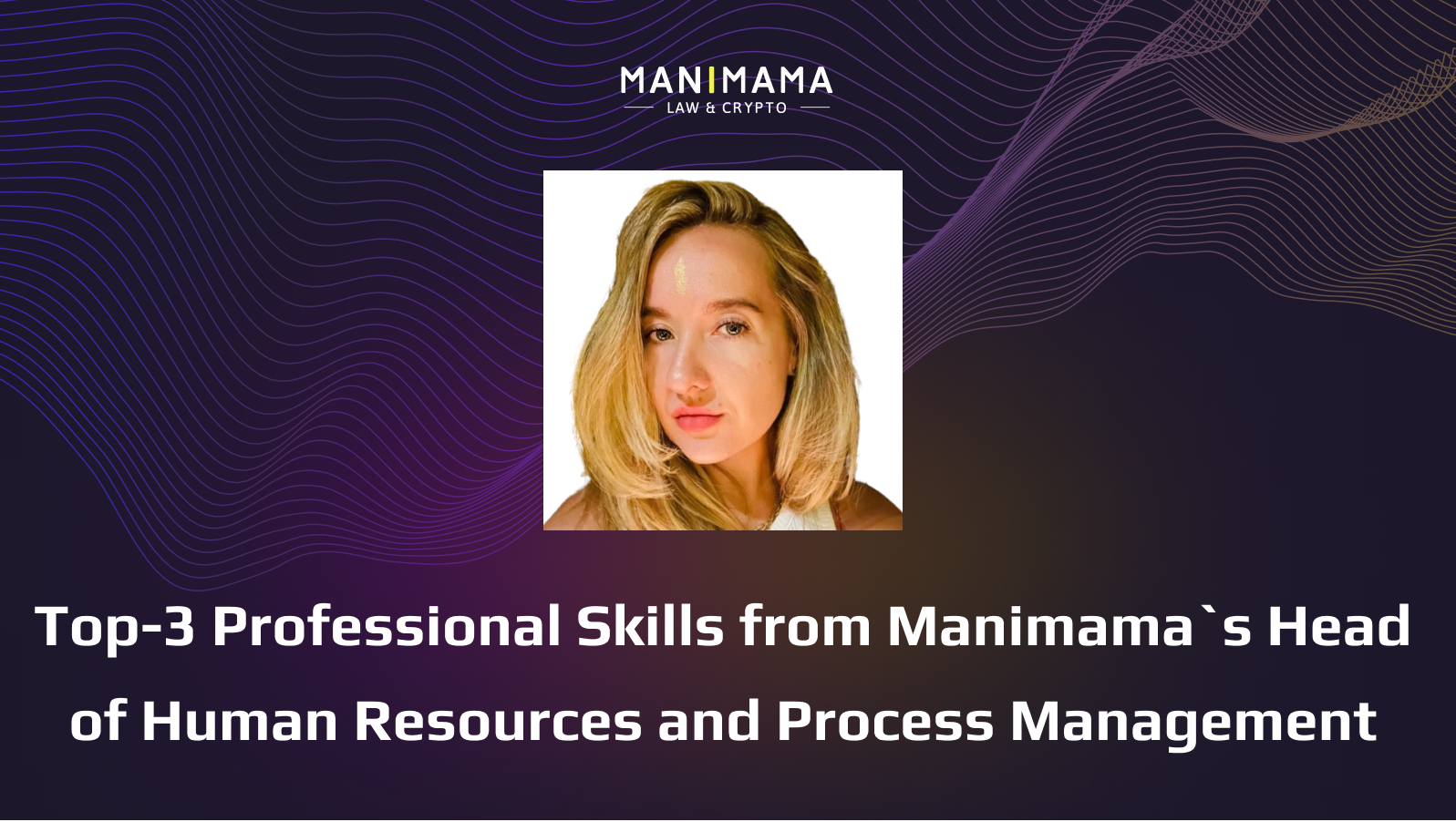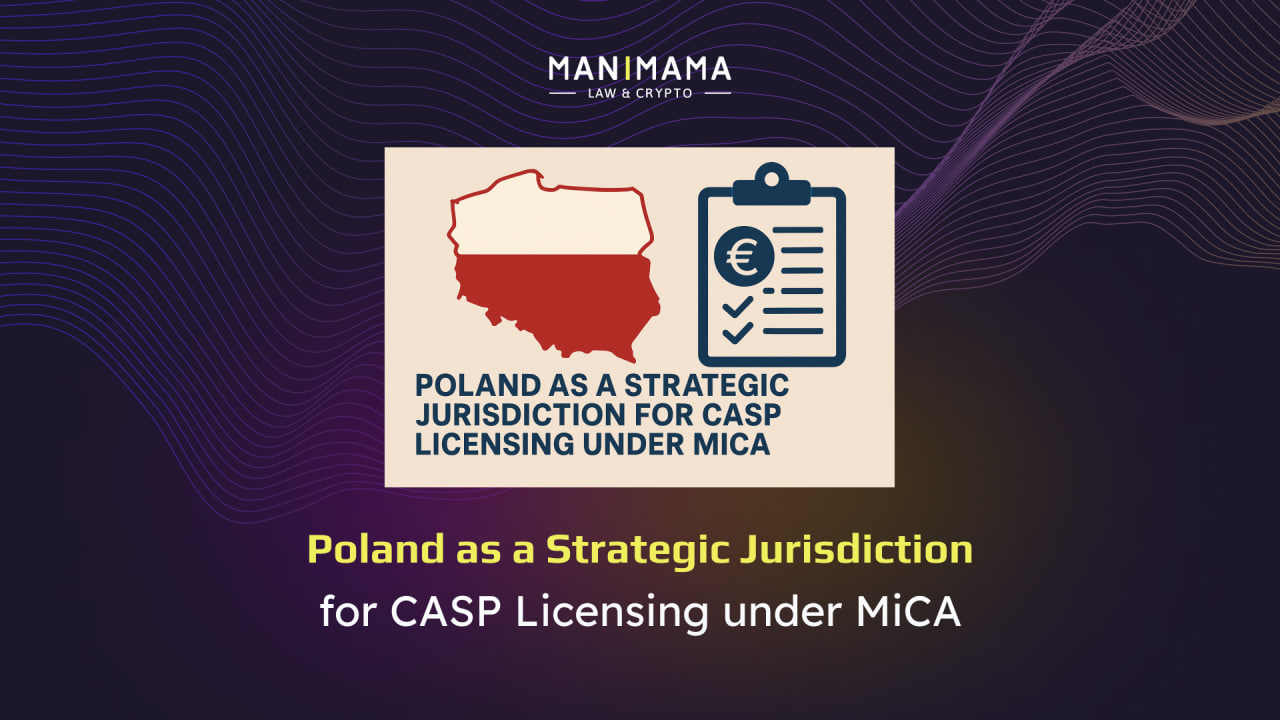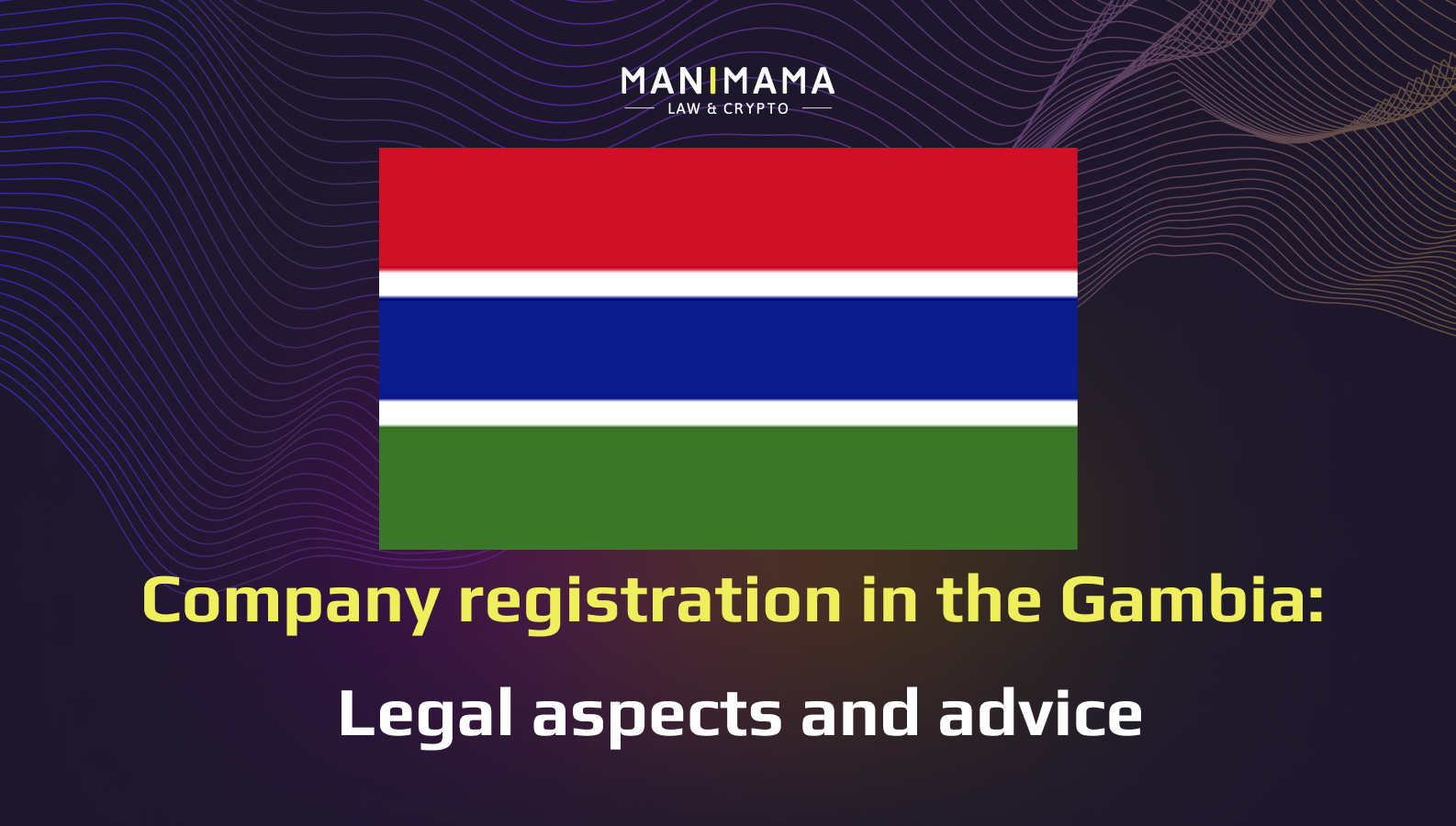In today's world of rapid change and increasing demands, the labor market is becoming increasingly competitive. To succeed in your career, it is important to have abilities that determine an employee's efficiency and productivity.
In our new column, we will explore the top 3 professional skills required for various positions, based on the experience and opinions of our colleagues. Each article will examine a specific position and highlight qualities that impact success in that role. Stay tuned to discover what is crucial for effective career development!
Skills essential for success in Human Resources and Process Management
The business environment is changing rapidly, making effective process and human resources management an essential part of a successful strategy. Companies require efficient operational practices and skilled resource management to achieve their strategic goals. This demands that leaders adapt to new challenges, analyze data, and make informed decisions.
Today, we have the opportunity to speak with Manimama’s Head of Human Resources and Process Management Department, Asya Vorobeva, who will share her insights on skills needed for career growth in this field.
Asya Vorobeva is an experienced professional in sales, negotiations, growth and business development. Asya was invited to join our company at the end of 2023 with the goal of leading Manimama on the path of long-term strategic growth and development, increasing sales, managing projects and personnel.For more than 10 years, Asya held high positions in the Ukrainian division of the International career portal HeadHunter, including the position of head of the sales department.Asya’s areas of expertise are negotiations, sales management, project management, business coaching, human resources.
Let’s discuss the skills that Asya considers essential, how to develop them, and why they can give you an advantage in your professional ambitions.
Question 1: From your perspective, which three professional skills are vital for success in your industry, and why do you think so?
- Hard skills refer to analytical abilities, logic, and learning capacity. It’s important to gather and analyze data, minimize risks, and optimize team results. Every step we take requires careful research, and this applies to every employee, as we all share responsibility for our collective outcomes.
- Soft skills include creativity and the ability to work in a team. This involves generating new ideas and creating innovative solutions, especially when traditional approaches fail. The modern world demands flexibility and adaptability, and it’s the capacity for collaboration and creative thinking that helps us navigate complex situations.
- A growth mindset is the cornerstone of the belief that all goals are achievable. Everyone has to recognize that failures are just part of accomplishing their desires. What matters is how many attempts we make to reach our goals. This mindset helps maintain motivation and keeps faith in success alive.
Question 2: How did you develop these skills and what helped you in that process?
My skills development has mainly come from personal experience. After working with digital products and teams, I realized that traditional approaches to process organization were no longer effective. It’s important to do more than fulfill your job responsibilities; being an integral part of the team is truly valuable.
As for training and courses, there are plenty available. However, I firmly believe that it’s the individual’s internal motivation that truly drives skill development. When there’s a clear goal to improve specific skills, courses can be useful tools. Without that goal, no training will produce the desired results. That’s why it’s necessary to participate in training with a clear understanding of which skills you want to develop and why they are noteworthy for your professional journey.
Question 3: Could you provide an example of how applying these skills resulted in a project’s success?
Of course! One of the best examples is our work creating digital products. Every major project we have completed has resulted from effective teamwork. We generate ideas and constantly learn from each other, sharing knowledge and experiences. Collaborative efforts often lead to unexpected and creative solutions, which enhance the project’s growth potential.
Making decisions about product development strategy is also most effective within a team. Discussions open new perspectives and allow us to see opportunities that may not be obvious at first glance. However, things do not always go smoothly right from the start. Sometimes certain attempts may fail, but it’s important not to give up. Analyzing mistakes and working on them helps us achieve our goals.
Question 4: What skills do you think will be relevant in the future and why?
I believe that these skills will remain relevant in the future, not just for my profession but for many others as well. The ability to analyze, quickly adapt to changes, and work in a team are universal qualities needed in any field. The modern world is changing incredibly quickly, and those who can think creatively, make informed decisions, and generate new ideas will always be one step ahead.
Question 5: What resources (books, online classes, training sessions) would you recommend for developing these skills, and why do you find them effective?
- Daniel Kahneman’s book Thinking, Fast and Slow deepens the understanding of the decision-making process and enhances critical thinking skills. It illustrates how we can avoid common cognitive errors and serves as an essential tool for those looking to make informed choices.
- James Clear’s book Atomic Habits focuses on how even small changes in daily habits can lead to long-term results. It’s a great resource for grasping the importance of continuous improvement and is closely tied to the cornerstone of a growth mindset.
- Carol Dweck’s book Mindset: The New Psychology of Success is foundational for anyone striving to cultivate a growth mindset. It explains how our attitudes toward failure and challenges can impact success in any area of life.
- Barbara Oakley’s A Mind for Numbers: How to Excel at Math and Science (Even If You Flunked Algebra) is perfect for those wanting to develop skills in any field, as it teaches effective learning strategies and helps combat procrastination. Its approachable style and practical tips make it valuable for everyone.
As conclusion
Finally, we can confirm that success in human resource and process management depends on a combination of analytical skills, creativity, and a growth mindset. These abilities enhance team effectiveness and enable successful adaptation to rapid market changes. To strengthen these skills, everyone has to engage in ongoing education, connect with colleagues to share experiences, and explore necessary information.
We are grateful for your attention and invite you to further communication. Our mission is to help you realize your most ambitious projects, and we are always ready to assist you every step of the way. Stay with us and see you soon in the next articles!
Our contacts
If you want to become our client or partner, feel free to contact us at support@manimama.eu.
Or use our telegram @manimama_sales and we will respond to your inquiry.
We also invite you to visit our website: https://manimama.eu/.
Join our Telegram to receive news in a convenient way: Manimama Legal Channel











